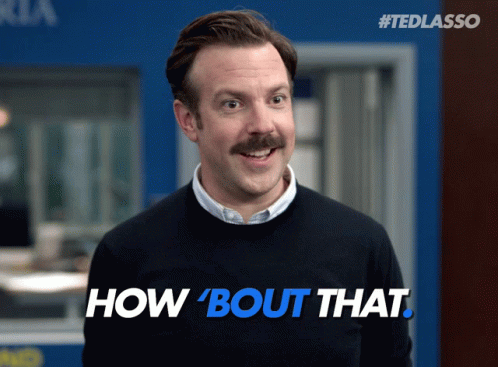The Diderot Effect
With rising interest rates, high inflation, outrageous house prices, and expensive traveling costs, it feels like people should be spending less money.
However, that hasn’t been the case. According to the Wall Street Journal, Americans spent 5.8% more in August than they did a year earlier. Delta Airlines also reported record revenue in the second quarter and Ticketmaster sales are up nearly 18% year-over-year.
In conjunction with this sustained spending, credit card debt has skyrocketed as people have spent down their excess savings built during the pandemic.
Given this recent data, I figured it would be good to revisit a topic I’ve written about before about our spending habits.
I’m not sure I’ve heard of a more universally liked book than Atomic Habits by James Clear. Literally everyone I know who’s read it has loved it. So, if you’re looking for a book recommendation it’s a great read about habits, decision-making, and continuous improvement.
In the book, James Clear briefly touches on an interesting money behavior called the Diderot Effect. I’ve written about similar ideas to this before, but I never realized there was an actual name for it.
The Diderot Effect is named after the famous French philosopher Denis Diderot. Despite being well known as the co-founder and writer of one of the most comprehensive encyclopedias of the time, Diderot had lived nearly all his life in poverty. In 1765, his daughter was about to be married and he couldn’t afford a dowry for her.
When Catherine the Great, Empress of Russia, heard of Diderot’s financial troubles she offered to buy his library from him for a generous price. After paying for the dowry, Diderot realized he now had money to spare for the first time in his life. Naturally, he decided to buy himself a beautiful new scarlet robe. But that’s when things started to go downhill.
The new robe was so beautiful that he noticed how out of place it seemed when surrounded by the rest of his common possessions. The philosopher immediately felt the urge to buy more new things to match the beauty of the robe. He bought a new rug, decorated his home with sculptures, and sought a better kitchen table with fancy leather chairs.
These reactive purchases have become known as the Diderot Effect. This phenomenon states that obtaining new possessions often creates a spiral of consumption which leads you to buy even more things. The result is we end up buying stuff that our previous selves never needed in order to feel happy or fulfilled.
Like the old philosopher, I’ve fallen victim to the Diderot Effect. When my wife and I bought our house a while back, it immediately begged to be filled with stuff. First, we wanted a new couch to fit the new living room area and to have a nice place to watch TV. But then our coffee table didn’t match the new couch, so we had to get a different coffee table. And a new rug. Then, our used-to-be-adequate TV suddenly looked small compared to the couch and the new big wall that it needs to hang on so we needed a new, bigger TV.
Homes are a lightning rod for the Diderot Effect. I’ve seen more people’s spending increase by getting into a new house than with any other purchase or life change. I know a common refrain is, “Renting is throwing away your money!” But I’ve spent far more money on miscellaneous stuff owning my home than I ever did renting.
I suspect that at various points in all our lives we’ve felt the Diderot Effect take hold. Life has a natural tendency to become filled with more. Rarely are we looking to downgrade, eliminate, or simplify. Our natural inclination is to always be looking to accumulate and upgrade.
How can we avoid falling into this consumption spiral and prevent spending from getting out of control?
James Clear has an article where he gives a few of his suggestions. They range from unsubscribing from sales and promotional emails to going a month without buying something new. My personal favorite is his advice to give away something every time you make a new purchase. Not only does this prevent the amount of stuff you have from growing but you also get the emotional benefit of helping others.
My suggestion is simple. Consistently save a high percentage of your income. Every time your income increases make sure to also increase the amount you save, then you can spend the rest. The more you save the less you have to spend.
“Do not save what is left after spending, but spend what is left after saving.” — Warren Buffett
There will never be a point where we will be done wanting things. There’s always something to upgrade to.
But because money is a finite resource for most of us, we can’t have everything we want. The key isn’t to never upgrade your lifestyle or to never buy anything new, but to be intentional about your spending. Determine what is most important to you and allocate your money accordingly.
I’ll end with this great insight from Denis Diderot himself:
“Let my example teach you a lesson. Poverty has its freedoms; opulence has its obstacles.”
Thanks for reading!







